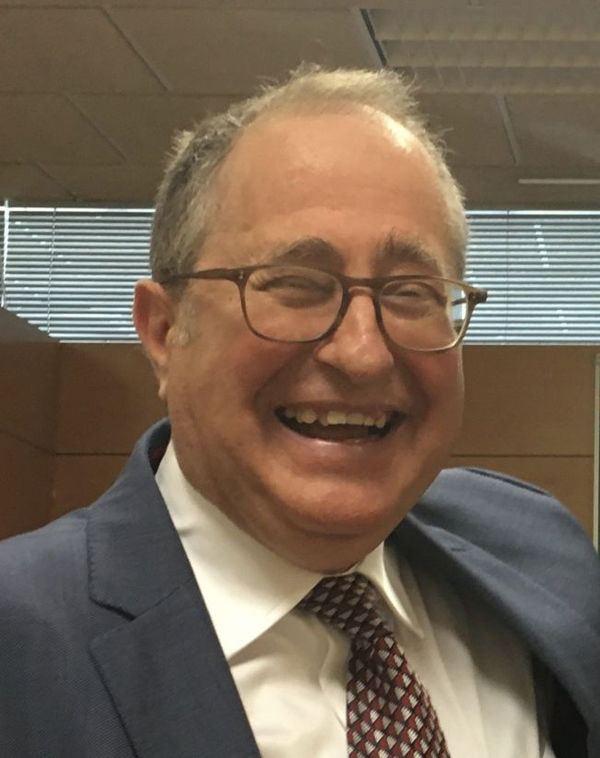Although his family were from the Castile-La Mancha heartlands, he was born and spent his youth in Madrid, where he grew up and gained his undergraduate degree and doctorate in medicine, before specializing in cardiology. During this period, his family home, the city, its people, the Complutense University, and the Hospital General Universitario Gregorio Marañón, were central features of his life. It was there that he developed a cultured and refined humanity which was exceptionally tolerant, open, kind, and sensitive. It was also there, at that time, that his vocation to serve others guided his enormous talent toward cardiovascular medicine, which he practiced peerlessly until his death.
He was chair of medicine at the Universidad Autónoma in Barcelona, head of cardiology at the Hospital Universitari Vall d’Hebron in Barcelona, and director of the Vascular Biology and Metabolism Unit at the research institute at that hospital. He arrived in 1990, occupying and mastering the territory between basic science and clinical practice. For this, he drew on previous key experience in the institution where he had studied and worked as resident and attending physician: Hospital General Universitario Gregorio Marañón in Madrid, a place he always missed and that always had a special place in his heart.
David was the perfect embodiment and a shining example of the physician-scientist. A servant to public health, highly capable, brave, tenacious, committed and passionate, imbued with music and art, his life revolved around basic science and translational cardiovascular research, where he has left an indelible mark. With only a handful of tools to begin with and the most advanced resources later, he made essential contributions to disciplines ranging from molecular science to clinical practice, with rigorous use of concepts of cells and cell components, and exquisite experiments in different animal models and human studies. Particularly noteworthy was his influence on research into reperfused myocardial infarction. In this field, he elucidated important aspects such as the rhythm and topography of ischemic injury, the role of cardiomyocyte contractions and mitochondrial function, and the experimental and clinical effects of preconditioning and other therapeutic strategies.
His scientific qualities were always at the service of his passion to heal and patients were always the center of his life. He had absolute mastery of cardiology in general and cardiac imaging in particular. He never presumed to interpret an image without a grounding in the problem and knowing the patient's signs and symptoms. He was particularly good at deciding the best for each patient at a given time and place, without hesitation; and he taught us that this, above all else, is the true essence of clinical practice.
He was always willing to share his knowledge, with no holds barred, applying his brilliance gently and without fuss. It is therefore not surprising that one of the best recognized schools has been established in his area of experience or that he has left a lasting imprint on the institutions where he worked. A straight talker, a man of few words when speaking but a prolific writer, he made valuable contributions to some of the most important cardiovascular journals and left a mark and a style that will last forever in Cardiovascular Research and Revista Española de Cardiología, journals for which he was associate editor. As a result of this generosity, his role in collaborative cardiovascular research, both nationally and internationally, has also been decisive. Group head at the Hospital Vall d’Hebron, cofounder of the Cooperative Cardiovascular Disease Research Network (RECAVA) and the Cardiovascular Research Network (RIC) under the auspices of the Instituto de Salud Carlos III, and in charge of the research plan of the Centro de Investigación en Red de Enfermedades Cardiovasculares (CIBERCV), he was the scientific and human linchpin of these entities.
Love infused every facet of his life; David was the best son, best father, best husband, best brother, best colleague and best doctor, an irreplaceable friend.
Desolate, we find some relief in your smile, David, because we once again will see you and listen to you. You will always be here, showing us how to raise the bar.

